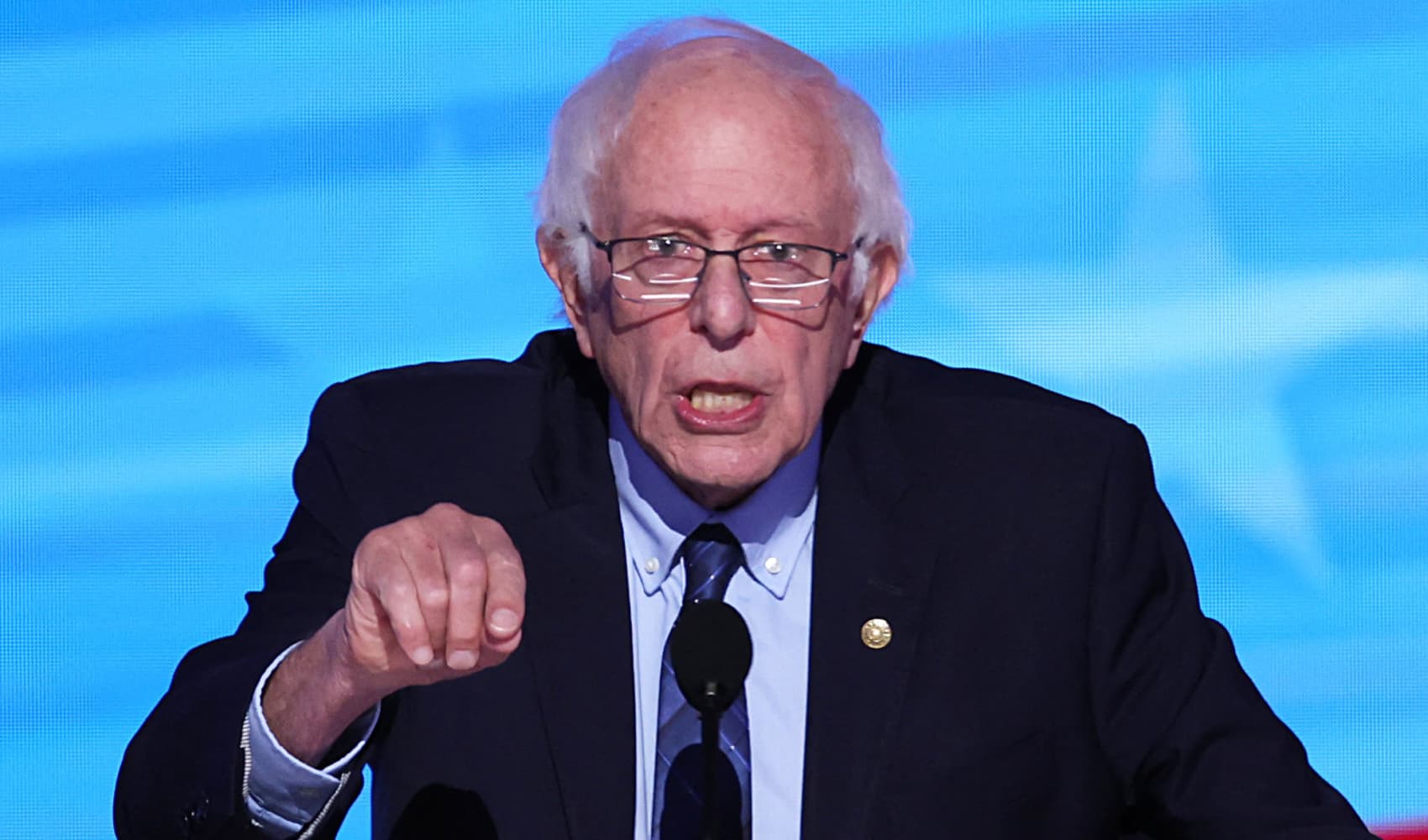Vice President Mike Pence once had his own quarrel with the court weighing the legality of President Donald Trump’s immigration executive order.
The San Francisco-based 9th U.S. Circuit Court of Appeals is weighing the Justice Department's move to reinstate Trump’s immigration order, which bars travelers and refugees from seven Muslim-majority nations. The order was blocked by a lower court last week.
Trump has repeatedly criticized the entire federal court system after his order was blocked, saying Wednesday morning that “we are at risk” because of court’s action.
But more than a decade ago, criticism of the courts — specifically the 9th Circuit — came from the deeply religious future vice president.
Pence, then a Republican congressman from Indiana, made his Christian faith a central aspect of his political identity. America and religion are closely intertwined, he explained. And, in his view, federal courts like the 9th Circuit threatened to disrupt this tradition.
He spoke about this on an Indiana radio show hosted by two self-described “evangelical Bible-thumpers” Chris Dickson and Ron Chappell, in 2003.
The topic: an attempt to remove Christmas as a federal holiday filed by a “secular” lawyer.
U.S. & World
When asked about this by Chappell, Pence springboarded into criticism of the 9th Circuit.
“People recognize how radically secular the 9th Circuit has become,” he said. “It was that court that recently ruled that the Pledge of Allegiance needed to be amended to remove the phrase ‘under God,’ I think we can expect more of these kind of strange cases.”
The Pledge case was a popular issue for the religious right. In a 2004 Gallup poll, 91 percent of those surveyed responded that they wanted the words "in God" to remain in the Pledge.
Pence moved on to speak more broadly about the role of religion in government.
“These are all designed to achieve the goal of eradicating any vestige of religion from our national life,” he said. “People have come to believe that the freedom of religion enshrined in the First Amendment is the freedom from religion. It is most certainly not that.”
He talked about religious paintings that hang in the U.S. Capitol before circling back to the courts.
“We’re headed into, I think, a continuing battle over the meaning of the First Amendment, freedom of religion,” he said. “It’s a battle that begins with who’s in the White House to appoint federal jurists because increasingly the courts have decided to preempt this area with their own judgment.”
He concludes toward the end of the show: “We are a deeply religious people, whose public institutions presuppose a supreme being. That’s who we are as Americans.”
NBC has reached out to the White House seeking comment.



